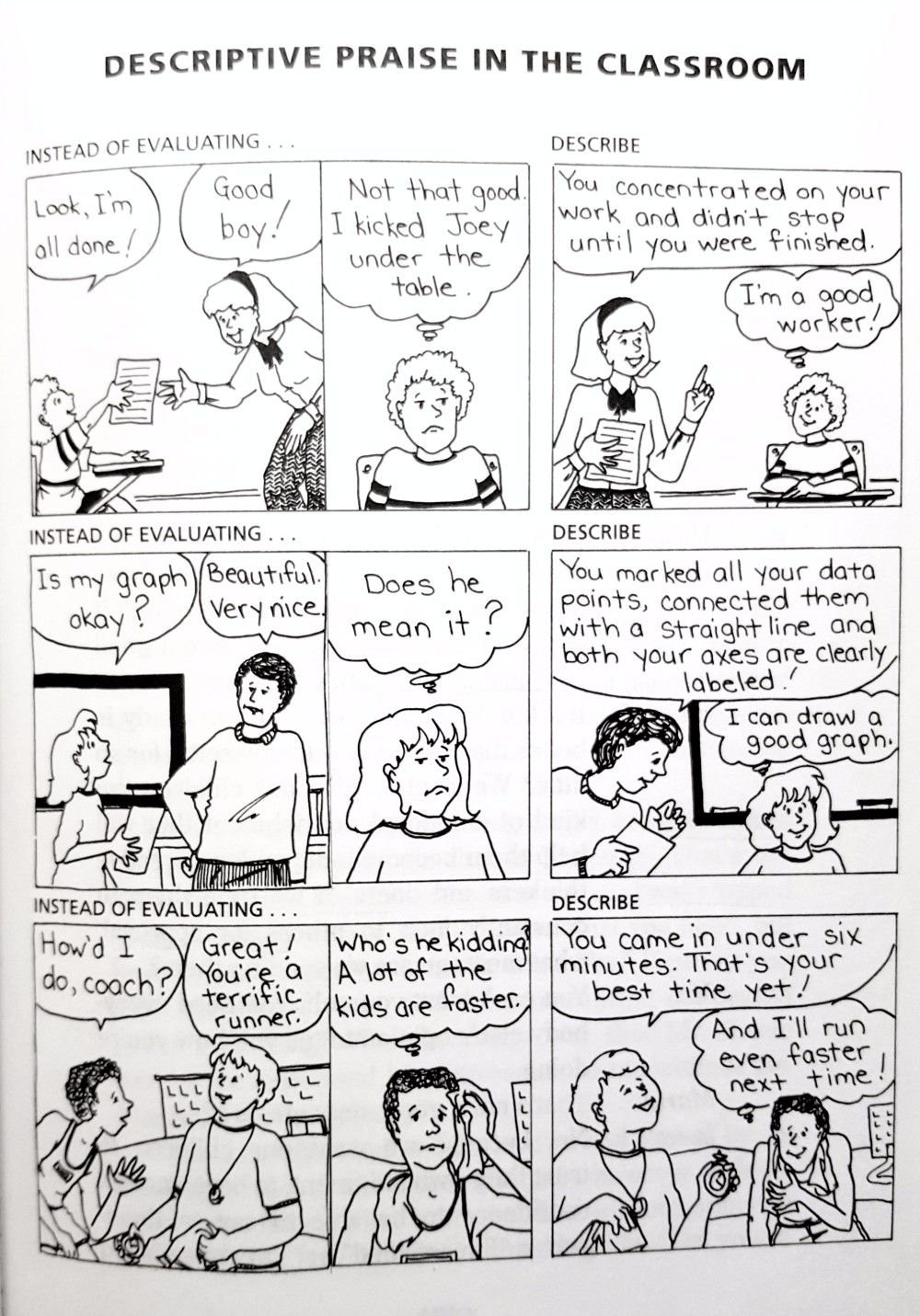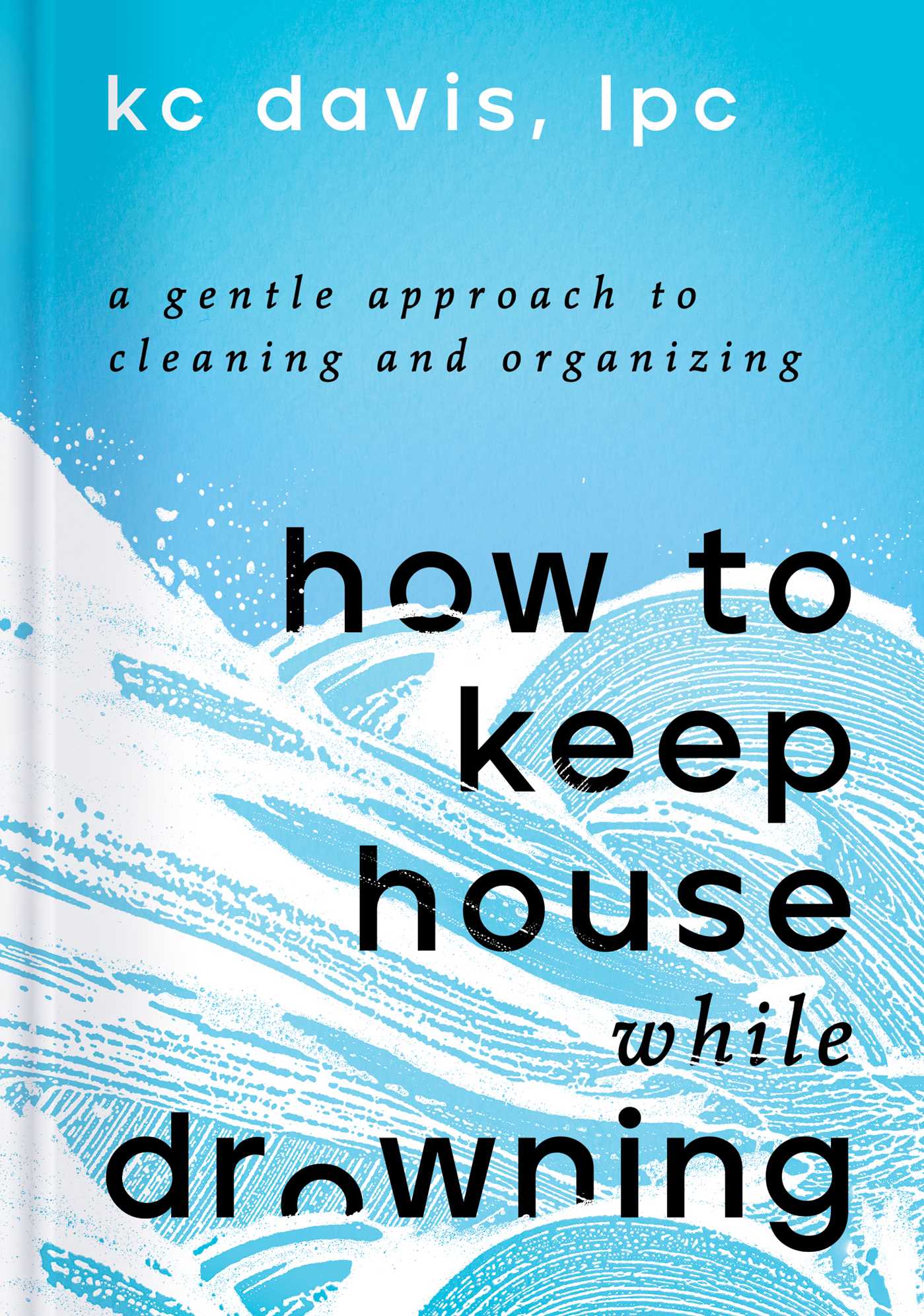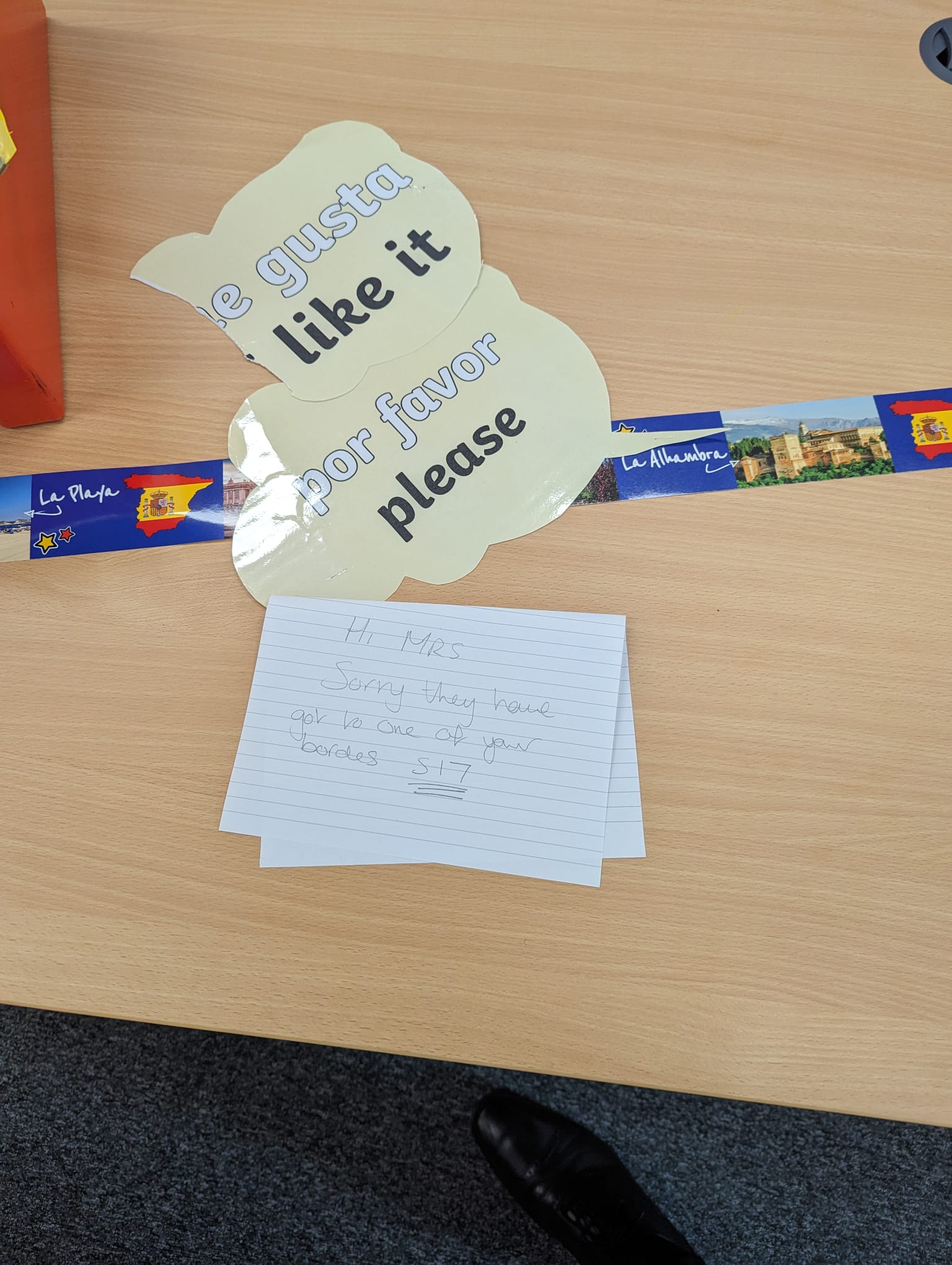Teacher pay rise: all you need to know
The government has offered a 6.5 per cent pay rise for teachers from September 2023. What will happen next?
The Department for Education and all four major teaching unions issued a joint announcement today that teachers will receive a 6.5 per cent pay rise from September 2023.
The announcement comes after a long-running dispute over pay and months of strike action by teachers.
But how will the pay rise be funded? Is it affordable for schools? Will all teachers receive a raise and will it mean strikes will now not go ahead next term?
Here’s everything you need to know:
1. What pay rise has the government awarded to teachers?
The government has decided to accept the reported School Teachers’ Review Body (STRB) recommendation of a 6.5 per cent pay rise for teachers in England from September this year.
This is more than the DfE had originally proposed in February (3.5 per cent) but for the second year is less than the “fully funded, inflation-plus pay increase” demanded by teaching unions.
The decision is in line with the recommendations from the STRB.
After today’s pay announcement, teacher starting salaries outside London and the fringe will reach £30,000.
Experienced teachers and leaders will also receive 6.5 per cent.
2. Is the pay deal fully funded?
The government said a total of 3 per cent will be met with additional funding, while schools will be expected to meet the rest of the rise (3.5 per cent) through existing budgets.
In its report published today, the STRB said it estimated the recommendations would increase the pay bill by approximately £1.6 billion for mainstream schools.
Prime minister Rishi Sunak said the government will not borrow more money to fund the rise, meaning the DfE will have to find savings and efficiencies within existing budgets.
Teaching and school leader unions have said they have assurances that extra money found within the department to fund these pay rises will not come from any frontline services, including special educational needs and disabilities (SEND) and schools’ capital funding.
Earlier this year, the DfE made all four teaching unions - the NASUWT and the NEU teaching unions, the NAHT school leaders’ union and the Association of School and College Leaders (ASCL) - the offer of a £1,000 non-consolidated payment for 2022-23 and an average 4.5 per cent rise for 2023-24.
But it said only 0.5 per cent of the overall 4.5 per cent pay award for next year, plus the £1,000 one-off payment for this year, would come through new funding.
The NASUWT, alongside all other education unions, rejected the offer in April, with 87 per cent of members saying they would not accept the offer.
3. Will the deal be affordable for schools?
In a joint statement on teachers’ pay this afternoon, prime minister Rishi Sunak, education secretary Gillian Keegan, the general secretaries of the four education unions - the NEU’s Mary Bousted and Kevin Courtney, ASCL’s Geoff Barton, the NAHT’s Paul Whiteman and the NASUWT’s Patrick Roach - and NEU general secretary-elect Daniel Kebede said the government’s offer was “properly funded for schools”.
It said: “The government has committed that all schools will receive additional funding above what was proposed in March - building on the additional £2 billion given to schools in the Autumn Statement.
“The government will also provide a hardship fund of up to £40 million to support those schools facing the greatest financial challenges.”
In a statement today, Ms Keegan said she recognised that the additional funding “will not mean that no school will face financial challenges and I will also extend the support currently available to individual schools facing the most difficult financial circumstances by up to £40 million”.
Simon Kidwell, headteacher at Hartford Manor Primary School and Nursery in Cheshire and president-elect for the NAHT, said that the award was affordable for him and a lot of the heads he had spoken to as they had already budgeted for a pay rise between 3 and 5 per cent for next year.
“It’s not fully funded but I think it will be enough for many schools to work with,” Mr Kidwell added.
But some leaders are still concerned about the pressures the pay award will heap on budgets.
Dan Morrow, chief executive officer of Dartmoor Multi Academy Trust, said that while it was “welcome” that the recommendation from the STRB has been adopted, the move will exert “huge pressure” on already “exhausted school funding”.
He added that the pressure will be especially profound for primary schools and on one-form entry schools “struggling with much lower pupil numbers nationally”.
Mr Morrow said: “I fear that this will lead to significant rounds of cost cutting and redundancy as a result, when many of us have had to undertake such difficult exercises already.”
Lee Mason-Ellis, CEO of The Pioneer Academy, said he “fully” supported the 6.5 per cent pay rise but it could ”potentially not be affordable for many schools, especially rural and smaller schools, and those with high numbers of early career teachers.”
Meanwhile, Caroline Derbyshire, chair of the headteachers’ roundtable and CEO of Saffron Academy Trust, said the pay rise is only affordable “if it is funded by at least 3 per cent or more and that funding does not get further redistributed according to local authority formula…so that schools on minimum per pupil funding end up with less than that but with the same uplift in costs to pay for”.
Glyn Potts, headteacher at Newman RC College in Oldham, is concerned that the 6.5 per cent “will do little to address the significant gap in the recruitment of new colleagues to support education”.
School workforce lead at the National Foundation for Educational Research (NFER) Jack Worth said the rise is welcome but “very much a first step” in making teaching a “more attractive profession”.
He said that a “long-term strategy” is needed to increase teacher pay by “more than the rate of pay growth in the wider economy and which sits alongside workload reduction, increased flexible working and better access to high-quality professional development”.
He added: “Concerns also remain over whether the 3.5 per cent will be affordable for all schools.
“Different schools are in very different financial positions, and many have been hit hard by the cost-of-living squeeze, highlighted in a report we’re publishing this autumn.”
4. Will it apply to all teachers in England?
Given that the government has recommended the STRB’s recommendations in full, teachers and leaders will see their pay rise by 6.5 per cent across all pay scales.
The only salary exceeding a 6.5 per cent increase is the teacher starting salary outside London and in outer London areas. These teachers will see a 7.1 per cent and 6.8 per cent rise respectively compared to 2022 in order to meet the £30,000 starting salary commitment.
5. Are the unions likely to accept the pay deal?
All four unions currently in dispute with the government over pay - the ASCL, the NAHT, the NASUWT and the NEU - have said they will recommend that members accept the pay award.
While every union will take a slightly different approach, it is expected that the three unions currently balloting members for strike action - the NEU, the NAHT and the ASCL - will continue their ballots.
Members of the NASUWT voted to back strikes in a ballot that closed earlier this week, but the organisation will now recommend they accept today’s pay deal and end their dispute.
It is likely that each union will ballot members in a short electronic poll on whether to accept the new pay deal.
Geoff Barton, general secretary of the ASCL, told Tes that it’s likely members would be invited to vote in a poll between Monday and Friday next week.
The NEU has announced this afternoon that the union will set up an electronic ballot of members, which will run from 18-28 July.
Should members vote to accept the offer, strike action involving teacher members in the autumn term will not go ahead, the union said.
6. What happens if some unions reject the offer and vote to take further industrial action?
The government has said it will now refuse to enter into any further pay talks.
At a Downing Street press conference, prime minister Rishi Sunak said: “Today’s offer is final. There will be no more talks on pay. We will not negotiate again on this year’s settlements and no amount of strikes will change our decision.”
He said the accepted recommendations are a “fair deal for the British taxpayer”.
7. Will we see the schools budget cut as a result of the deal?
Union leaders said separately this afternoon that they have had “reassurances” from the government that the department will not fund its 3 per cent from “frontline” budgets, including SEND and school capital funding.
8. Where is the extra money coming from?
The prime minister said on Thursday that the money to fund the public sector pay rises would come from existing departmental budgets to avoid borrowing new money to foot the bill.
Speaking on Sky News on Friday, Ms Keegan confirmed that the Treasury had given the DfE “flexibility” to use anticipated underspends within the department “and move them into teacher pay”.
She added that these underspends happen when programmes don’t use all of the money planned. Usually, this money will then return to the Treasury.
Ms Keegan said: “We’ve gone through every single line, every single budget painstakingly...we’ve gone through and we’ve anticipated where we will not...meet the forecast and we will move that into school funding.”
When asked which programmes the department had anticipated underspending in, Tes was told that no more detail would be provided at this time. Ms Keegan has also said that the DfE had looked at anticipated underspending for the next two years.
9. When is the money coming and how have they calculated it?
The government today announced £525 million to support schools with the September 2023 teachers’ pay award, with a further £900 million in 2024-25.
The funding is being split between mainstream schools, special schools and alternative provision, early years and 16 to 19 provision, with the department saying the split “reflects relative pupil numbers, and core funding amounts, across these different types of provision”.
The funding will be allocated through the teachers’ pay additional grant.
10. Has the government agreed to address teacher workload concerns?
In a statement today, the NEU said that the government had offered a set of commitments to take urgent measures to reduce teacher workload.
In its report, the STRB said: “Excessive workload persists in being the major concern of the profession and has been a theme of evidence from all consultees for some years.
“We recognise there are existing initiatives aimed at addressing the issue but more is needed. The problem is not being solved and is made more pressing by the profession’s worsening recruitment and retention position.”
The report added that “further collaborative action to deliver a meaningful reduction in workload is an immediate priority”.
In a statement today, Ms Keegan said the department would convene a workload reduction task force “to explore how we can go further to support trust and school leaders to minimise workload for teachers and leaders”.
The report added: “We want to build on previous successes and aim to reduce working hours by five hours per week.
“We also plan to reinsert a revised list of administrative tasks that teachers should not be expected to do into the School Teachers’ Pay and Conditions Document.”
Report claims 6.5% rise ‘unlikely’ to make ‘significant difference’
Experts have warned that offering a 6.5 per cent pay rise for teachers alone is “unlikely” to make a “significant difference” in improving teacher supply.
A new report has urged all UK political parties to set out their plans for tackling teacher recruitment and retention challenges in their 2024 general election manifestoes.
In a new report, the NFER suggested that while a rise of 6.5 per cent is likely to have a more positive impact on supply compared to the pay proposals put forward by the DfE earlier this year, the rise is “unlikely to make a highly significant difference to the overall supply picture on its own”.
The warnings come after reports that the independent STRB, which makes recommendations on teacher pay, had advised that teachers should receive a 6.5 per cent pay increase for 2023-24.





Yes me too